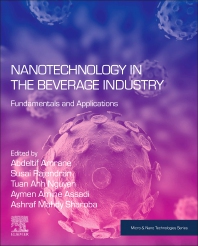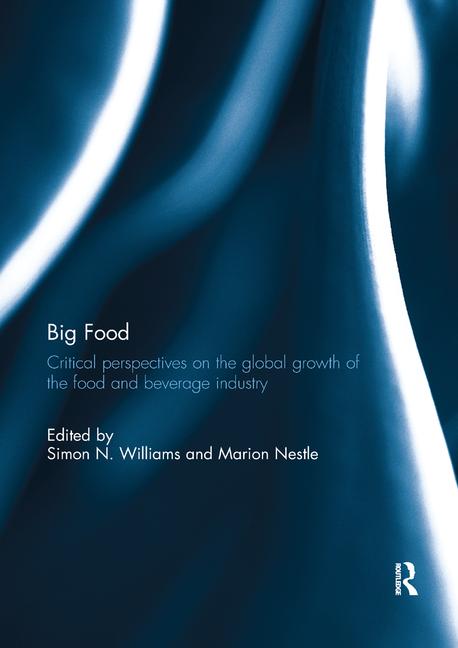![]()
R&D News
The latest issue of the Journal
of the Science of Food and Agriculture
published a study that shows that grape pomace
extract – made from grape seeds,
stems and skin, basically the leftovers from winemaking – is an
effective antimicrobial that helps preserve food. Turkish researchers found
that when used at a concentration of five percent, the grape extract acted
as a natural preservative in food formulations, protecting against spoilage
bacteria.
Taiyo Kaguku Japan acquired
Wuxi Green Power Bio-Product Ltd. in Jiangsu Province, China. The
acquisition brings two of the global powerhouses in green tea innovation
and processing technology together.
“The merger results in the formation of the
world’s largest green tea extract manufacturer, with an annual
capacity of 2,500 metric tons, and the first, and only, pharmaceutical cGMP
FDA-certified facility to produce green tea extracts for the food,
supplement and pharmaceutical industries,” said Feng Gu, general
manager, Taiyo Green Power.
Unigen Pharmaceuticals Inc. entered into a collaboration agreement with Weider Nutrition International Inc. to
develop and commercialize dietary supplement products in the food, drug,
mass market and warehouse club channels of distribution.
Soy consumption got
another plug with the publication of a recent study in the August issue of
the Journal of Nutrition. The study shows that soy consumption helps with kidney health,
especially in those who suffer from Type 2 diabetes. The purpose of the
study was to determine if soy protein consumption compared to animal
protein consumption would result in improvements in risk factors associated
with kidney failure in people with Type 2 diabetes.
U.S. Flavors & Fragrances Inc. expanded its flavor team with the addition of Dana Van Eden, senior beverage
scientist, and Ketan Shah, senior flavor chemist. Van Eden will lead beverage application
development, while Shah adds his expertise to custom flavor
development.
The Institute of Food
Technologists supports the reexamination of
U.S. regulatory policy on Listeria
monocytogenes in food and has submitted for the
record to the U.S. Food and Drug Administration its official comments. IFT
supports recommendations to eliminate zero tolerance policy for food that
does not support the growth of L. monocytogenes, allowing more efforts and resources to be focused on areas
that may have a greater health benefit.
DSM Nutritional Products Inc. provided support for a new study on vitamin E
supplementation’s protective effect on upper respiratory tract
infections. Supplementation with 200IU of vitamin E per day significantly
lowered the risk of acquiring upper respiratory tract infections,
particularly the common cold, among the elderly. The study conducted by the
Jean Mayer-USDA Human Nutrition Research Center on Aging at Tufts
University was published in a recent issue of the Journal of the American Medical Association.
Frutarom Industries Ltd. agreed to purchase International
Flavors & Fragrances European fruit
preparation business. In 2003, the business was estimated to be worth $90
million. Products produced are primarily used in the baking and dairy
industry. The transaction is subject to IFF’s consultation with the
employee works councils in Europe.
Fortitech Inc.,
Schnectady, N.Y., announced the appointment of Kim
Evans as the manager of human resources
for its global offices in the United States, Europe, South America, Mexico
and Asia Pacific.
Decas Botanical Synergies,
Wareham, Mass., selected P.L. Thomas & Co.
Inc., Morristown, N.J., as exclusive
distributor for its line of cranberry-based products.
Astaris LLC, St. Louis,
Mo., announced that its Carondelet facility recently received a “Gold
Award Certificate” for outstanding achievement in industrial
wastewater pretreatment from the Missouri Water Environment Association.
The award honors Astaris for its compliance with all discharge and
reporting requirements for calendar year 2003.
“This award
demonstrates Astaris’ commitment to protecting St. Louis’
environmental resources, and the people utilizing
them,” said Jim Kaiman, vice president of operations, Astaris.
Wild blueberries are highest in antioxidant capacity per serving compared
with more than 20 other fruits, according to recently published USDA
research findings. A 1-cup serving of wild blueberries had more antioxidant
capacity than a serving of cranberries, raspberries, prunes and
strawberries. Also this is the first USDA study that evaluate the
antioxidant capacity of both wild (lowbush) and cultivated (highbush)
blueberries. Wild blueberries topped their cultivated cousins by more than
48 percent.
Ecolab Inc., St. Paul,
Minn., acquired Alcide Corp., Richmond, Wash.-based producer of biocidal and sanitation
products. The acquisition gives Ecolab new proprietary and patented
technology, including products aimed at providing food quality and safety
enhancements.







